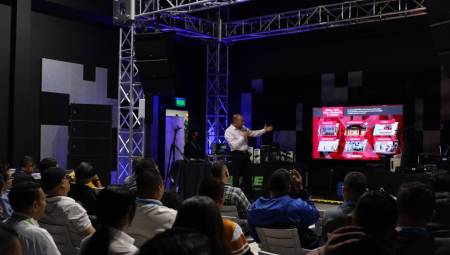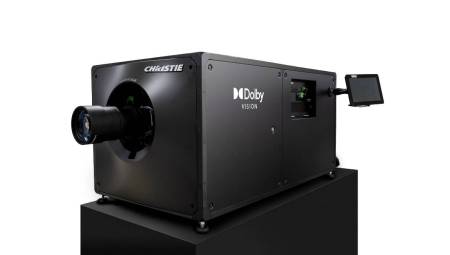 Latin America. The classic, colorful and imposing image of a large room full of servers in a data center is becoming increasingly unusual. At a time when many talk about XaaS - Anything as a Service or everything as a service - it is natural that we think about the possibility of having a Data Center as a Service (DCaaS).
Latin America. The classic, colorful and imposing image of a large room full of servers in a data center is becoming increasingly unusual. At a time when many talk about XaaS - Anything as a Service or everything as a service - it is natural that we think about the possibility of having a Data Center as a Service (DCaaS).
However, this was not always the case. Many companies paid for equipment, maintenance equipment and space to have an in-house data center, after all, it was the safest way to store applications and confidential information. Companies had no confidence in leaving their most valuable content away from home. In addition, there was concern about the speed and effectiveness with which this information would be transmitted, since a private connection was necessary that could replace that.
A characteristic of the in-house data center was the need for professionals dedicated to administration, who often did not belong to the area of action of that company. After all, why does a food conveyor, for example, need to have a huge, highly specialized IT team?
These aspects were overcome with the creation of data centers as a Service. Specialized companies that create large data centers and segment this technology to meet the demand of companies in other areas, but that need large spaces for the efficient storage of their information.
DCaaS introduced flexibility and agility to the market. When there is an in-house data center, faced with the need to expand storage capacity, there is no alternative but to buy new equipment, rent a larger space and hire more people. When the service is outsourced, every increase or decrease, with a simple change in the contract can solve the problem.
In addition, cost savings are generated in physical space and electrical energy, since these equipment need highly cooled environments. With DSaaS, the possibility arises of leaving the administration in the hands of specialized companies and being able to put the focus on the business. Another additional advantage is the protection that the information is more protected against natural or structural disasters that the company may suffer, since the server is physically assigned in another place, generally more prepared to house those devices, with power generators and with structures specially designed to guarantee security.
How to ensure connectivity and security?
In my experience of many years in the areas of telecommunications and connectivity, I believe that having an efficient, high-speed data transmission, with encryption and security is a primary point, and that goes for any company and situation. To obtain this, acquiring an SD-WAN (software-defined long-range network) network service when contracting DCaaS can be essential for the services to work properly.
Software-defined networks help in better connectivity orchestration, i.e. enterprise data transfer can be managed clearly and accurately. In addition, SD-WAN creates a fully secure tunnel between the data center and the enterprise. These networks can also be used in combination with other services, creating a hybrid and appropriate connectivity network for each profile, this being an advantage for companies of all sizes.
And who already has their own robust data center?
Of course, there are companies that have already invested in their own storage centers and need to make that investment count. I think a viable solution for tech companies that own these DCs is to outsource that space to other companies, thus taking advantage of the promising momentum of this market.
However, if this is not the focus of your company, since it acts in a completely different market from the technology market or simply does not want to bet on outsourcing services, it is possible to maintain these servers and use an SD-WAN network to help in the management of all your information, thus being able to have a centralized administration of the services, which would greatly optimize the use of the servers.
However, as Gartner explains in its report The Data Center Is Dead, and Digital Infrastructures Emerge, it is possible that in-house data centers will become a rarity in the near future, due to the immense advantages that DCaaS possesses.
By 2025, 80% of companies will have abandoned traditional DCs and adopted outsourced service. It is observed that this movement is given by the evolution of technology, connectivity and information security as a whole and also because companies perceived that they need to focus their efforts on having full knowledge of their own market, investing in hiring a specialized workforce and in technologies that optimize the development of the business, something much more viable when they do not have to worry and take care of their own data center.
Text written by Leandro Laporta, Director of Solutions Architecture for Latin America at Orange Business Services.















